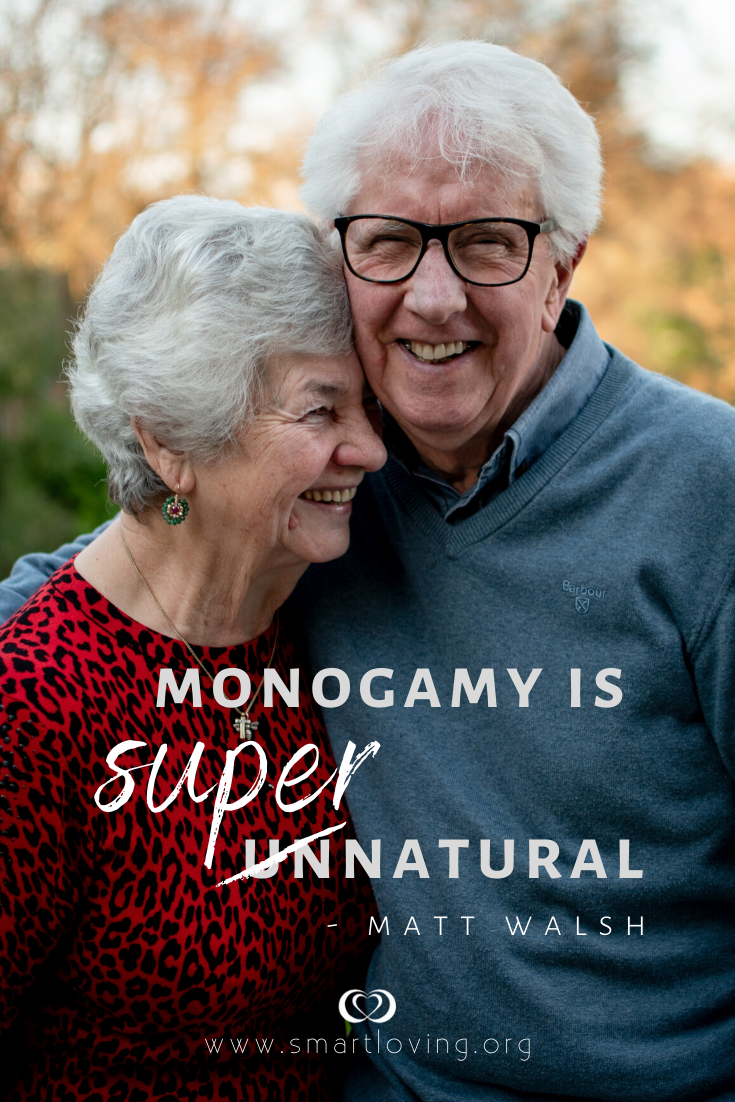Wrangling the Memory Factor

Our memories are a powerful influence on our present wellbeing. Good or bad, old or recent, our past experiences form us into who we are today and our memories reinforce it in the present. Memories impact our self-esteem, our emotional disposition, and our relational resilience. And they do this without us even needing to be aware of it.
Our memories, therefore, continue to influence our emotions and behaviour long past the actual event itself. This is obvious when it comes to traumatic events which leave a deep impression and sometimes become life-defining. For example, almost everyone older than sixteen can remember the September 11 attacks on NY and Washington – we remember where we were and what we were doing when we heard the news. From that day on, life felt more fragile and our confidence in a peaceful future was shaken as we participated in a collective global trauma.
It is also true for events charged with positive emotion. We’ve often talked about BC and AC – Before Children and After Children – because the birth of our first child had such a dramatic impact on our life and irrevocably changed it forever. And certainly, our wedding day had a similar impact as we transitioned from singles living at home with our parents to a couple setting up home together.
While powerlessly obsessing over the past is unhelpful, there is much to be gained by constructive reflection on the impact of past experiences, and proactively using memory to positively craft our present relationship.
When a couple first falls in love, powerful brain chemistry creates a euphoric state that makes the couple blind to many of the faults of the other and they often attribute the joy they experience to the other person. This neurochemistry effect typically lasts between 6-18 months and diminishes as the body naturally readjusts.
When a relationship gets a bit tough later on, it creates a cognitive dissonance: “I was so sure this person was my perfect match/soul mate – how can it be that he/she now is so annoying?”. Our brains don’t cope with this conflict and so we have two choices: we either wilfully adopt a more mature understanding about the nature of love (i.e., it’s more than just about our feelings and emotions), or we leave our subconscious to reinterpret our memories of our early relationship to assert this ‘new’ problem was always present. While some do undertake the work needed to become mature, loving spouses, many avoid the growth and unwittingly reinterpret their memories and so rewrite their entire history.
We often hear a distressed spouse say: “I always had my doubts” or “I never really loved him/her”. While it’s normal to have doubts (who doesn’t?), claims about the paucity of the relationship at the beginning can often be more about the spouse trying to resolve their cognitive dissonance than it is an objective interpretation of reality. Tell yourself often enough that you only really got married to avoid the pain of a breakup, and you will soon recall evidence of a dozen reasons why your marriage was never going to work.
Fortunately, the reverse is equally true. While our capacity to reinterpret our memories can be used to darken our perception of our present relationship, it can also be used to brighten it. One of the best ways to do this is to simply revisit our romantic memories to bring the positive emotions associated with them into our present conscious awareness.
Remembering our romantic history is really a way of reconnecting with our relationship at its best. It’s a way to make present, in the present moment, our relationship at its most loving and united. This process of remembering tenderises us towards each other and instils hope and positivity into our marriage. Even if we are presently experiencing a hard time, remembering, or reconnecting, with our love history, has an immediate impact in lifting our spirits and reminding us of all that we are capable of being together.
For Catholics, this sort of active remembering is second nature to us as it is central to our Sunday Mass experience. Christ commanded us to celebrate Mass “in memory of him”. And when we do, he literally, sacramentally, becomes physically present through the Eucharist.
In our previous column, we talked about the importance of the romantic atmosphere and how we can consciously and intentionally create it. One of the most effective ways to do this, is through the re-creation of our romantic memories, those times when we were at our most passionate and tender.
The powerful insight here is that the very act of remembering the past can change our emotional state in the present. It’s not just a nice thing to do occasionally, it’s a powerful way to wilfully manage our emotions away from hopelessness, despondency and self-pity. And if we are gripped by the destructive mental replaying of negative memories, consciously focussing on a positive memory helps to rebalance our emotional state to one of hope.
There are two simple strategies we use to help create a romantic atmosphere in our daily grind. Firstly, we recall a time in our relationship at its most romantic, when we were deeply attuned to each other. In our mind’s eye we relive the memory and savour the details for a few moments. Then we focus on our emotions and feelings now. Typically, we notice how have they been lifted by this simple act of remembering and that our desire for connection with each other has also increased… all by simply taking a moment to actively remember.
The second strategy we use is to consciously create a new romantic memory that we can tap into in the future. So, we each try to plan and execute (and that’s anything but easy in our hectic lives) an original romance event that will be a delight to the other and provide each of us with a new point of reference for the future when we need a bit of a romantic boost on an otherwise gloomy day.
We can spend our lives remembering the bad or the good about each other. Where we choose to direct our focus will make a world of difference.




